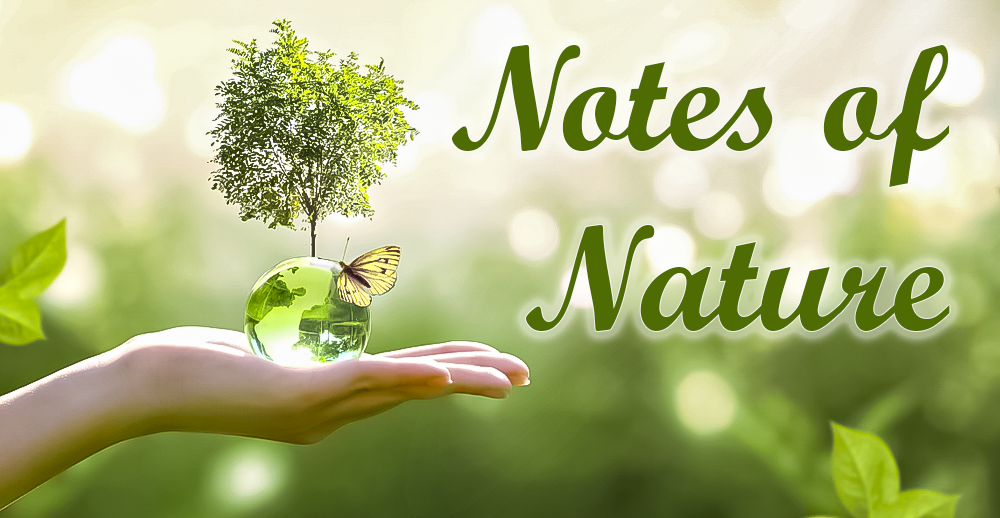Etymology This word derives from the late Latin word of indigenus. It is a compound word made up of indigena and the suffix ous.
Meaning
Focussing on plants, this word is applied to species, that occurs naturally in an area. It means that the species has not been introduced to an area by humans, either accidentally or on purpose. A more common term that is often used interchangeably with indigenous is native.
 |
| The Alder, native to Britain. |
In Britain it is often said that native species are those that populated our islands during or after the most recent ice age and before the land bridge (known as Doggerland) between England and Europe became submerged due to rising sea levels. Species that have made their home in Britain after Doggerland was submerged are known as naturalised species. Naturalised plants, especially, have a bad reputation. While the sycamore tree is naturalised here and causes no real problems, species such as himalayan balsam is invasive and cannot be easily controlled. However, if the species reached a location or ecosystem via natural processes then it is indigenous.
Other examples of trees native to Britain are: alder, beech, cherry, dogwood, elder, willow, yew, etc.
History
1794 is the first plant related example of the use of indigenous. It was made by Samuel Williams in the The natural and civil history of Vermont whereby he describes a plant as being "indigenous only to China and Tartary". Tartary being what is now called the Great or Eurasian Steppe.
Bibliography
Allaby, M. (2012) Oxford Dictionary of Plant Sciences, Oxford, Oxford University Press
"indigenous, adj.". OED Online. March 2013. Oxford University Press. 17 April 2013 <http://www.oed.com/view/Entry/94474?redirectedFrom=indigenous&>.

No comments:
Post a Comment
I really enjoy reading and replying to your comments, but please do not use this space for advertising!